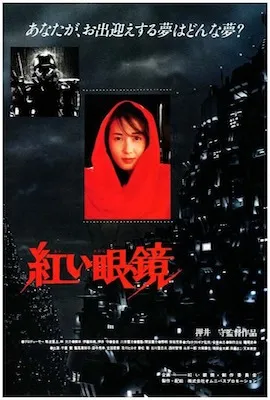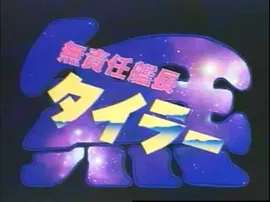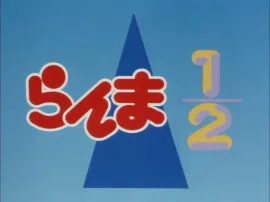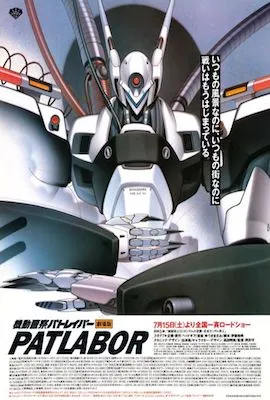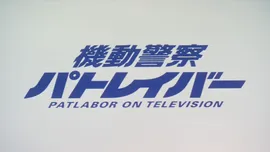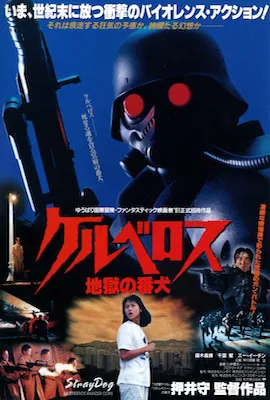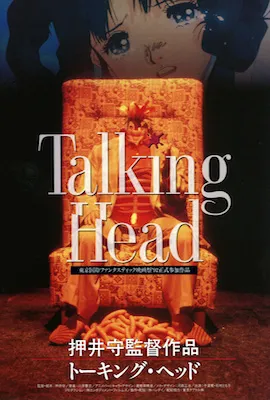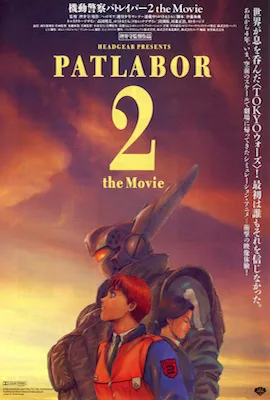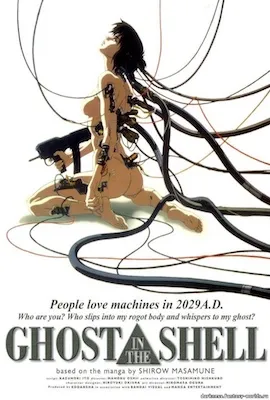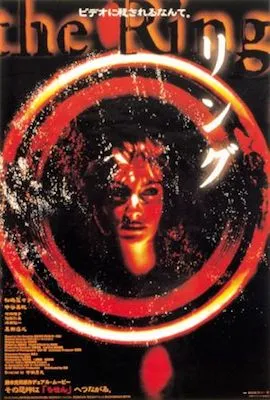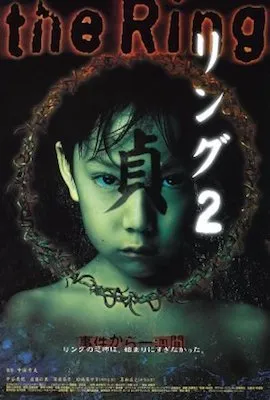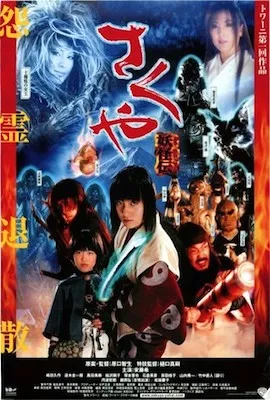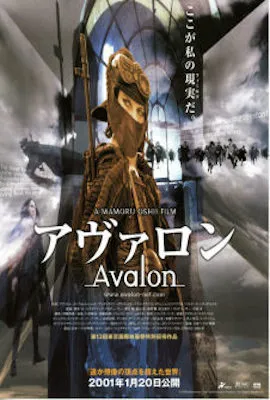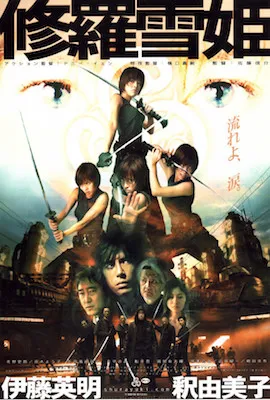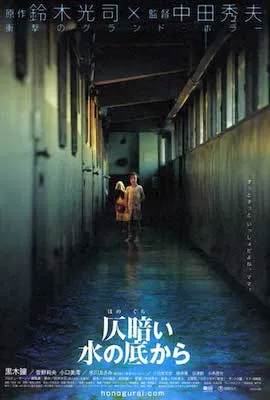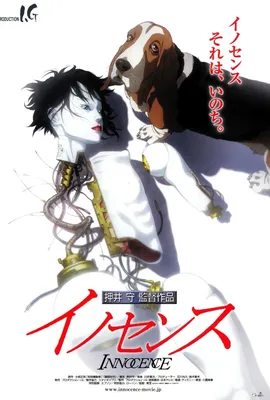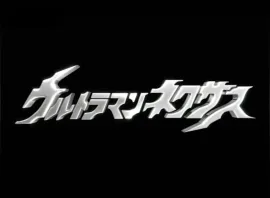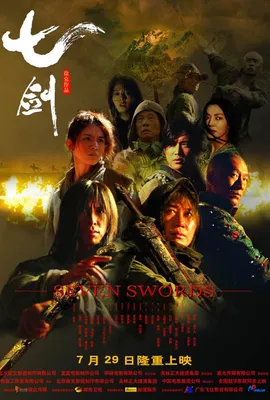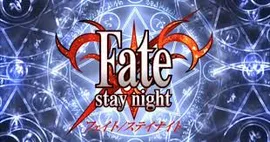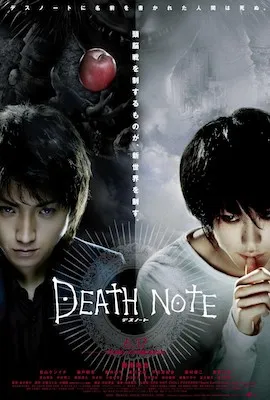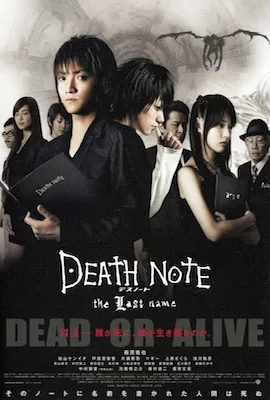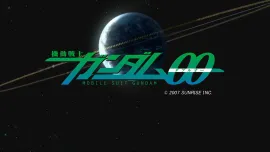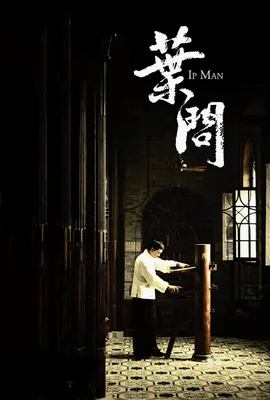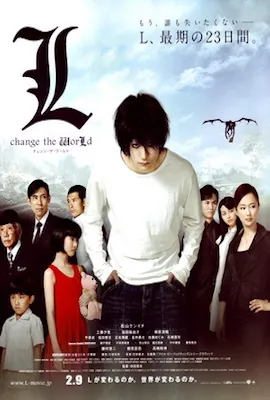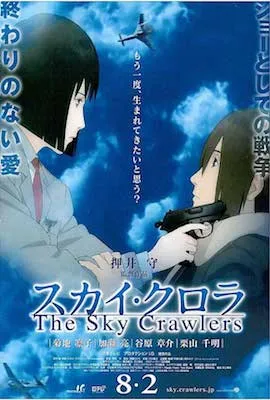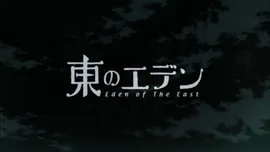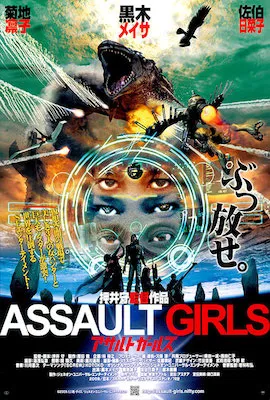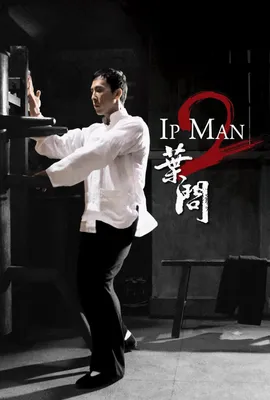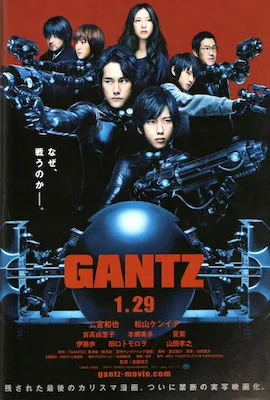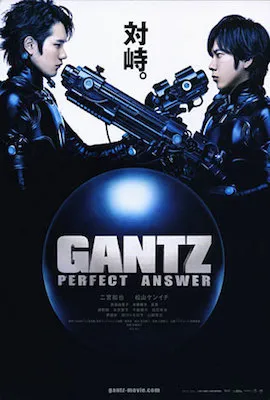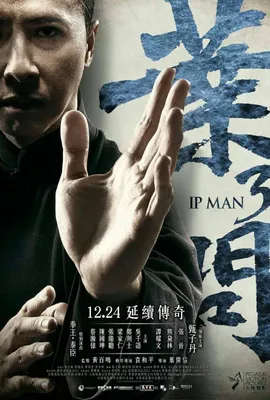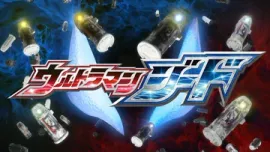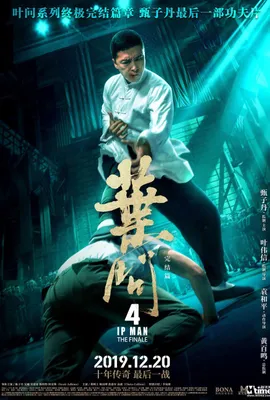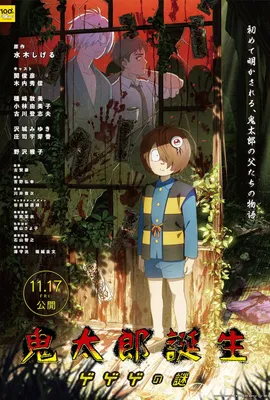Kawai Kenji
Bio
Born in Shinagawa, Tokyo, Kawai Kenji originally studied nuclear engineering at Tokai University before dropping out to pursue music at the Shobi Music Academy. He formed the fusion rock band "Muse" and, after the band dissolved, began composing for commercials and television dramas.
His career breakthrough came after meeting director Oshii Mamoru, leading to their first collaboration on The Red Spectacles (1987). Kawai has since scored all of Oshii's major works, including the internationally acclaimed Ghost in the Shell (1995) and its 2004 sequel, for which he received an Annie Award nomination.
Kawai is also known for his long-standing partnership with horror director Nakata Hideo on the Ring franchise and Dark Water, as well as his stirring scores for Hong Kong action films like the Ip Man series and Seven Swords. His distinctive sound often merges traditional Asian instrumentation with modern electronic elements and percussion, which he frequently performs himself.
His vast body of work extends to the Ultraman franchise (scoring Ultraman Nexus and Ultraman Geed) and recent hits like The Birth of Kitaro: The Mystery of GeGeGe (2023). In 2007, he produced and performed in a concert of his film works titled "Cinema Symphony."
Accolades
Selected Works
